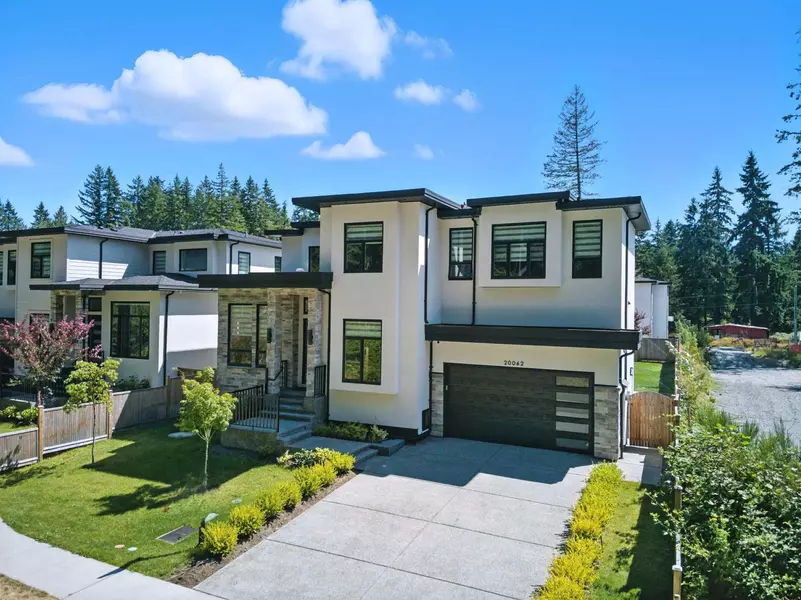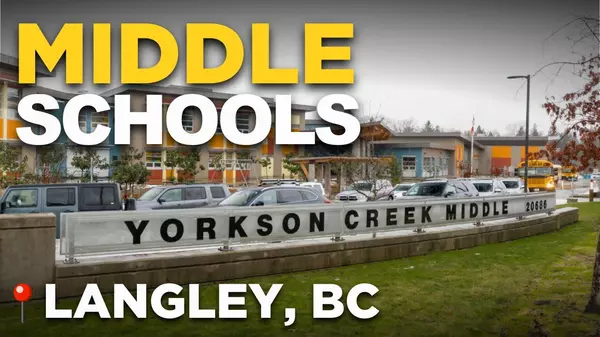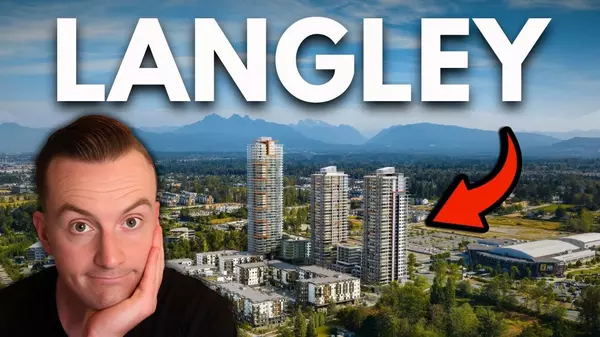- 1/36 36Open Sun 1PM-2:30PM
$729,000
2 Beds3 Baths1,321 SqFt20159 68 AVE #13, Langley, BC V2Y 3H9
Townhouse
Listed by Real Broker B.C. Ltd.

- 1/24 24Open Sat 1PM-3PM
$1,048,888
3 Beds2 Baths1,164 SqFt3131 Ketcheson RD #1606, Richmond, BC V6X 0N4
Condo
Listed by Real Broker B.C. Ltd.

- 1/30 30Open Sun 2PM-4PM
$559,900
2 Beds2 Baths800 SqFt10168 149 ST #414, Surrey, BC V3R 0E9
Condo
Listed by Real Broker B.C. Ltd.

- 1/27 27Open Sun 2PM-4PM
$719,900
2 Beds3 Baths1,140 SqFt19752 55a AVE #13, Langley, BC V3A 3X2
Townhouse
Listed by Real Broker B.C. Ltd.

- 1/33 33Open Sun 2PM-4PM
$2,215,000
7 Beds6 Baths5,031 SqFt20062 27a AVE, Langley, BC V2Z 0B6
Single Family Home
Listed by Real Broker B.C. Ltd.

BLOG: LIVING IN LANGLEY BC
Real Estate Tips & Guides
Learn everything about buying, selling, and investing in Surrey, Langley, Maple Ridge and Abbotsford. Watch Alex Dunbar’s videos for expert advice on mortgages, home buying mistakes, market updates & neighbourhood insights.
RECENTLY SOLD
GET MORE INFORMATION













